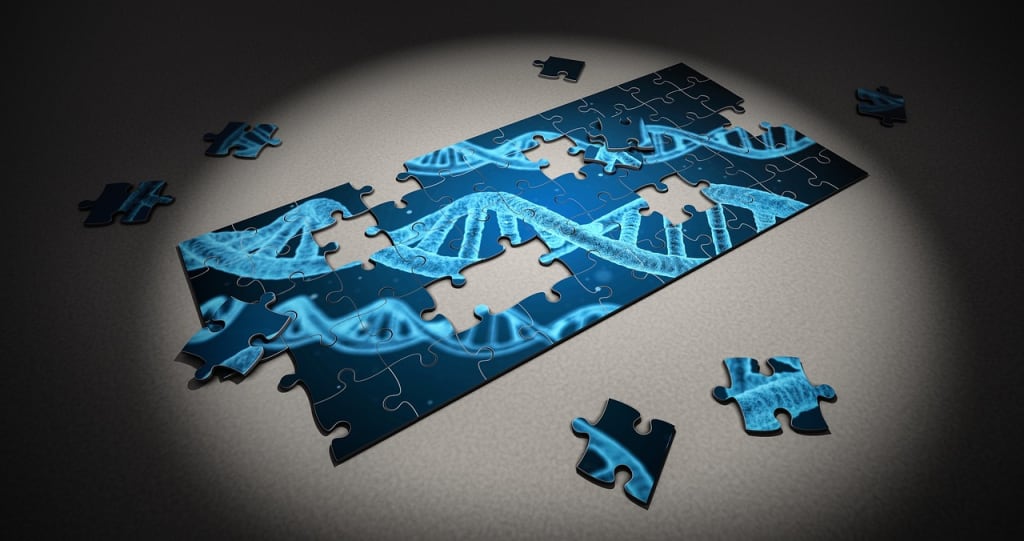Blockchain in Healthcare:
Utilizing blockchain technology for secure health data management.

Introduction:
The healthcare industry handles vast amounts of sensitive patient data, making data security and privacy critical concerns. Blockchain technology offers a promising solution to enhance the security, integrity, and interoperability of health data. In this article, we will explore the application of blockchain in healthcare, its benefits, use cases, and challenges.
The Need for Secure Health Data Management:
Healthcare systems generate and manage a wide range of data, including medical records, clinical trials, insurance claims, and personal health information. Traditional data management systems face challenges such as data breaches, interoperability issues, data silos, and unauthorized access. These issues hinder the efficient exchange of health information, collaboration among healthcare providers, and patient-centric care.
Blockchain Technology in Healthcare:
Blockchain technology can address these challenges by providing a decentralized, transparent, and secure framework for health data management. Here are the key benefits of utilizing blockchain in healthcare:
Data Security and Privacy: Blockchain ensures the security and integrity of health data by utilizing cryptographic techniques. Data stored on the blockchain is encrypted, time-stamped, and linked to previous transactions, making it tamper-resistant and auditable. Additionally, patients can have greater control over their data, granting access to healthcare providers on a need-to-know basis.
Interoperability and Data Exchange: Blockchain enables seamless and secure data exchange among different healthcare providers, systems, and institutions. It creates a standardized platform where health data can be shared and accessed by authorized parties, reducing the need for time-consuming manual processes and improving continuity of care.
Patient Identity Management: Blockchain can facilitate secure patient identity management by creating a decentralized and tamper-proof digital identity for individuals. This can help prevent identity theft, ensure accurate patient matching, and streamline registration and authentication processes across healthcare organizations.
Clinical Trials and Research: Blockchain can enhance the transparency, efficiency, and integrity of clinical trials and medical research. It can securely record and track the consent, enrollment, and progress of participants, ensuring data integrity and facilitating collaboration among researchers, sponsors, and regulators.
Supply Chain Integrity: Blockchain can be used to track and verify the authenticity and integrity of pharmaceuticals, medical devices, and supplies across the supply chain. By recording the entire lifecycle of these products, blockchain ensures transparency, reduces counterfeiting, and enhances patient safety.
Use Cases of Blockchain in Healthcare:
Electronic Health Records (EHRs): Blockchain can be utilized to create a patient-centric, interoperable EHR system. Patients can securely access and control their health records, granting permission to healthcare providers as needed. This improves data sharing, reduces duplication, and enhances care coordination.
Health Information Exchange (HIE): Blockchain can facilitate secure and seamless sharing of health information between healthcare providers, enabling real-time access to patient data and improving care delivery. It eliminates the need for intermediaries, reduces administrative burdens, and enhances patient privacy.
Medical Research and Genomics: Blockchain can improve the efficiency and transparency of medical research by securely storing and sharing research data. It enables researchers to collaborate, validate findings, and maintain data integrity, leading to more accurate and impactful research outcomes.
Telemedicine and Remote Monitoring: Blockchain can support the secure exchange of patient data in telemedicine and remote monitoring scenarios. It ensures the privacy and integrity of data transmitted between patients and healthcare providers, enabling remote consultations, diagnostics, and treatment monitoring.
Challenges and Considerations:
Regulatory Compliance: Blockchain implementation in healthcare must comply with relevant regulations, such as HIPAA (Health Insurance Portability and Accountability Act) in the United States. Ensuring compliance with data privacy and security regulations is essential to protect patient confidentiality and maintain legal and ethical standards.
Scalability and Performance: Blockchain networks, especially public blockchains, may face scalability and performance limitations when handling large volumes of health data. Efforts are being made to develop scalable blockchain solutions and improve transaction speeds to meet the demands of the healthcare industry.
Standardization and Integration: Establishing common standards and protocols for blockchain implementation in healthcare is crucial to ensure interoperability and seamless data exchange across different systems and institutions.
Data Governance and Consent Management: Blockchain-based health data management requires clear governance models and consent mechanisms to address ethical and legal concerns. Patients should have control over their data and be informed about how their information is used and shared.
Conclusion:
Blockchain technology has the potential to revolutionize healthcare by providing secure, transparent, and interoperable solutions for health data management. It enhances data security, promotes interoperability, and empowers patients to have greater control over their health information. Use cases in electronic health records, health information exchange, medical research, and telemedicine demonstrate the practical applications of blockchain in improving healthcare delivery and patient outcomes. However, challenges related to regulatory compliance, scalability, standardization, and data governance need to be addressed for widespread adoption of blockchain in healthcare. With ongoing advancements and collaborations in the field, blockchain holds great promise for transforming the way health data is managed and shared, ultimately leading to better patient care and healthcare system efficiency.





Comments
There are no comments for this story
Be the first to respond and start the conversation.